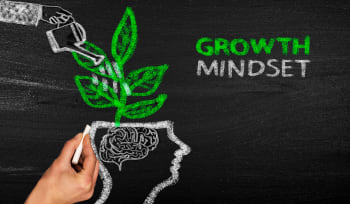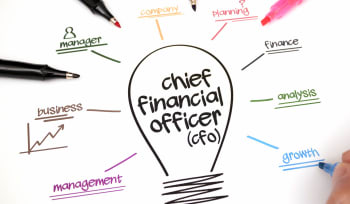This informal CPD article The Core of Responsible Investment was provided by Vincent McCarthy, Director at Responsible Investment Institute, a company offering practical education on responsible investment and ESG integration.
Interest in responsible investing continues to grow but there is still a good degree of confusion around what it entails. These four key elements form the essence of responsible investing and can help you to navigate through the noise as you embark on your own responsible investment journey.
Why? The Why is sustainability
Sustainability has become the top priority because we have been living unsustainably for so long. Overconsumption, rising inequality, environmental destruction, climate issues, and even human well-being are among the by-products of a system narrowly focused on maximising shareholder value in the short term.
Responsible investment is the explicit consideration of sustainability within business and investments. Within investments there is a spectrum of investment categories, defined by their approach to sustainability.
Aside from the obvious societal reasons, research has shown that there is a strong business case for incorporating sustainability. Increased regulation has been a driving force for companies to take sustainability seriously. Changing consumer and investor demands are also influencing the behaviour of organisations, as awareness around sustainability increases.
How? The ESG framework is how we incorporate sustainability into decision making
ESG is the widely accepted framework to explicit understand decision making from a sustainability perspective, across the three pillars of Environmental, Social and Governance. Think of sustainability as the overarching objective and ESG as the means to get there.
Within these three pillars there are various factors, some of which are material to all companies and some of which are specific to certain industries. A company and its executive team who have integrated ESG in a genuine way will take responsibility for raising their own standards, knowing the ESG factors that are material for their own business.
ESG is still evolving, and some challenges remain, but there is now real momentum behind its application in business and investments. We need more consistency across stakeholders in the way it is applied and communicated. That will come about when more people genuinely integrate ESG in their decision-making frameworks and explore the internal questions that will naturally arise.
Who? The Who are stakeholders
All stakeholders must incorporate sustainability. All leaders must understand the sustainability of their respective organisation. This requires them to look at the impact of their decision making on all stakeholders.
Within investments, company executives, investment managers, investment advisors and trustees, all have a responsibility to take sustainability seriously. The requirements of fiduciary duty - most often characterised by an asymmetry of knowledge - are likely to place greater emphasis on understanding sustainability preferences and disclosing the sustainability impact.
As awareness grows and clients continue to place more emphasis on the impact of their investments, we will move closer to responsible investment becoming the standard. We have seen record inflows into sustainable funds over the last two years, but we also need to ensure high standards are maintained.
What? The What is a more secure future
This is a stage of development whereby our activity is in equilibrium with our ecosystem. If you want to understand just how out of balance we are with our natural environment, then watch David Attenborough’s “A Life On Our Planet.” We need to wake up.
For investors, the objective is long-term sustainable returns. Investing is for the future so an important part of that is ensuring a secure future, one where we have a healthy planet to live on. Fiat currency cannot be eaten, nor can we drink it. The planet is what sustains human life and our entire ecosystem. We need to protect it for ourselves and future generations; we must evolve beyond our mentality of extraction.
This is not about compromising returns; it is about delivering more sustainable returns in balance with the biocapacity of our planet and the well-being of all species.
We hope this article was helpful. For more information from Responsible Investment Institute, please visit their CPD Member Directory page. Alternatively please visit the CPD Industry Hubs for more CPD articles, courses and events relevant to your Continuing Professional Development requirements.












